CHP pessimistic about policy change upon meeting with Finance Minister
Deputy Yalçın Karatepe of Turkey’s main opposition CHP said he did not see “any willingness” from the government to increase the minimum wage or pensions, following a four-hour meeting with Treasury and Finance Minister Mehmet Şimşek.
Duvar English
Yalçın Karatepe from the Turkish main opposition Republican People’s Party (CHP) on June 24 met with Treasury and Finance Minister Mehmet Şimşek to communicate demands to improve financial conditions of citizens burdened with soaring inflation.
Karatepe made a statement following the four-hour and 15-minute meeting in front of the CHP headquarters in the capital province of Ankara.
The deputy shared the four demands he presented to Şimşek, which were a mid-year raise in the minimum wage, increases in pension payments, enhancement of agricultural subsidies to be paid to farmers at a one percent rate, and addressing tax inequities.
However, Karatepe left the meeting dissatisfied with Şimşek’s responses and the prospects of improving economic conditions for the regular citizens.
"After four hours, we unfortunately saw that there was no will to change their approach, which continues to burden the citizens with the tough measures," he said.
Karatepe told the minister that raising the minimum wage in the second half of 2024 was a necessity amidst high inflation.
Following the bi-annual wage increases of 2023, the government announced that no mid-year raises were expected in 2024 after the January bump that brought the minimum wage to 17,000 Turkish liras. The wage has eroded by 62 dollars in six months, as the dollar hit a historic high against the lira.
Highlighting the need for increased pension payments, Karatepe stated, "Although they are legally obligated to make inflation-based adjustments, we argued that this was insufficient and that an additional increase matching the growth rate is necessary."
The minimum pension was increased to 10,000 liras in January. This amount too fell well below the hunger threshold which hit 19,926 liras in May. This means that a couple living on the minimum pension would be barely making it each month.
On ensuring tax justice, Karatepe emphasized the need for taxes to reflect individuals' economic capacities, pointing out that the tax burden on low-income citizens was disproportionately high.
He said, "Today, the policy interest rate is 50 percent, but the highest increases in interest rates were seen in overdrafts and credit cards used by low-income citizens. Even worse, these citizens face a tax burden of over 30 percent on repayments. We proposed eliminating this heavy burden."
Karatepe also discussed the state-run Turkish Statistical Institute (TÜİK) with Şimşek and stressed the public's lack of trust in the institution. He suggested to the minister that a panel of academics could transparently review TÜİK's data to restore public confidence.
He continued, "We have criticisms of TÜİK's announced data, and the public approaches this data with suspicion, which is largely justified. We said that this data should be shared transparently with the public."
Karatepe also touched upon the increase to the departure fees the government is expected to implement as part of the new tax package. Accordingly, the ministry is planning to increase the 150-lira tax required from each individual flying internationally by tenfold to 1,500 liras.
The CHP deputy shared the wide public disapproval of the expected increase with Şimşek. However, the minister did not answer properly, as “they have not yet completed the work on the proposal,” Karatepe believed.

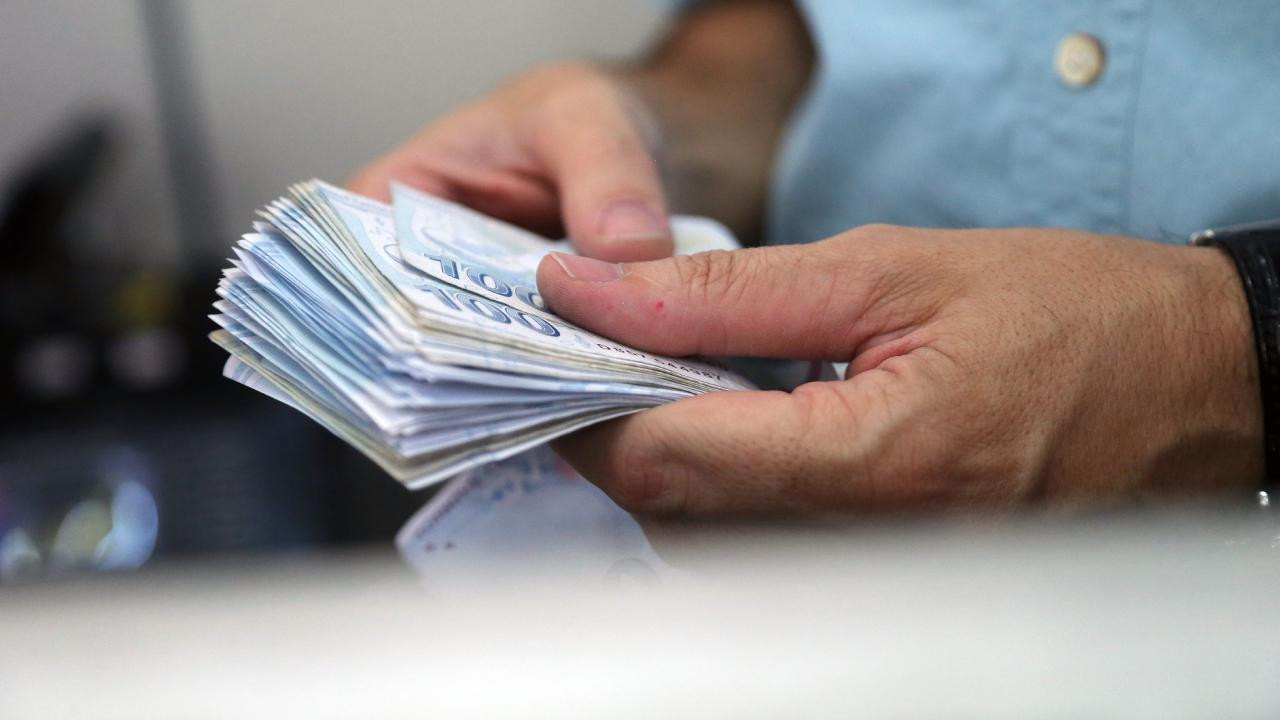 Turkey’s minimum wage erodes by $19 in one month after dollar hits historic highEconomy
Turkey’s minimum wage erodes by $19 in one month after dollar hits historic highEconomy Turkey’s hunger threshold surpasses minimum wage by 3,000 lirasEconomy
Turkey’s hunger threshold surpasses minimum wage by 3,000 lirasEconomy Turkey’s real unemployment figures surpass official statements by five million, labor union saysEconomy
Turkey’s real unemployment figures surpass official statements by five million, labor union saysEconomy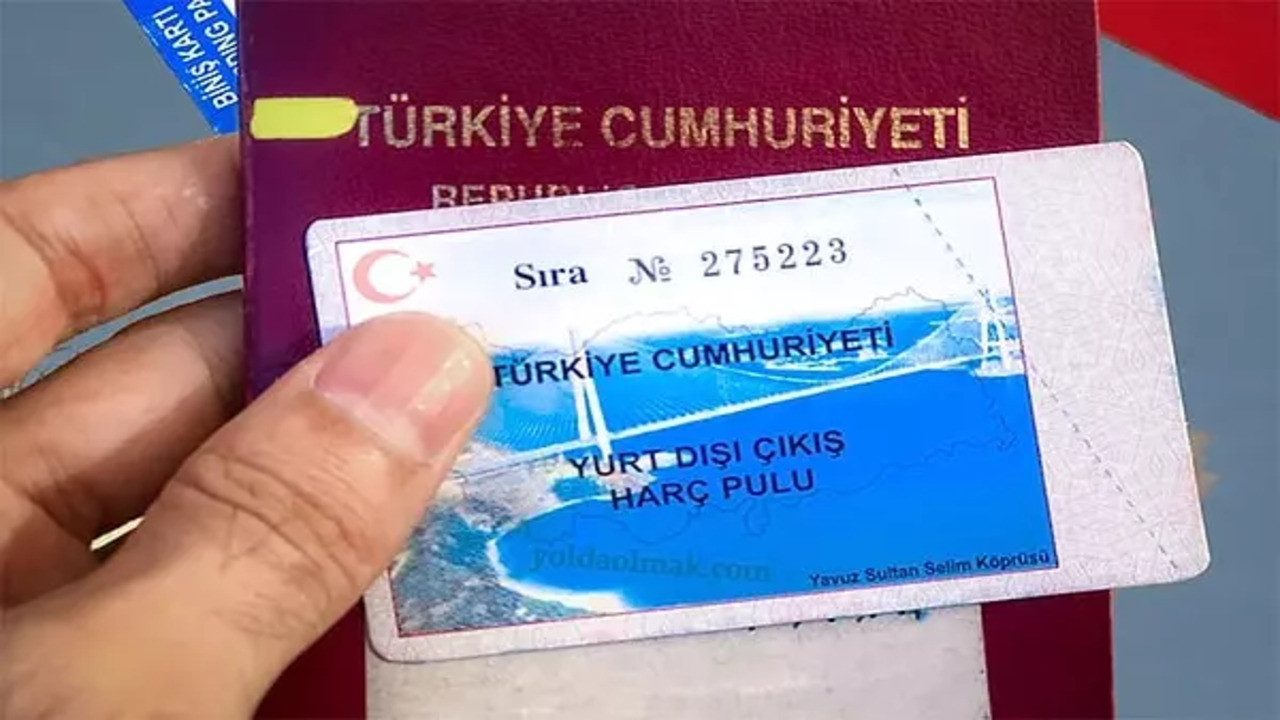 Turkish government to increase departure fees 10-foldEconomy
Turkish government to increase departure fees 10-foldEconomy
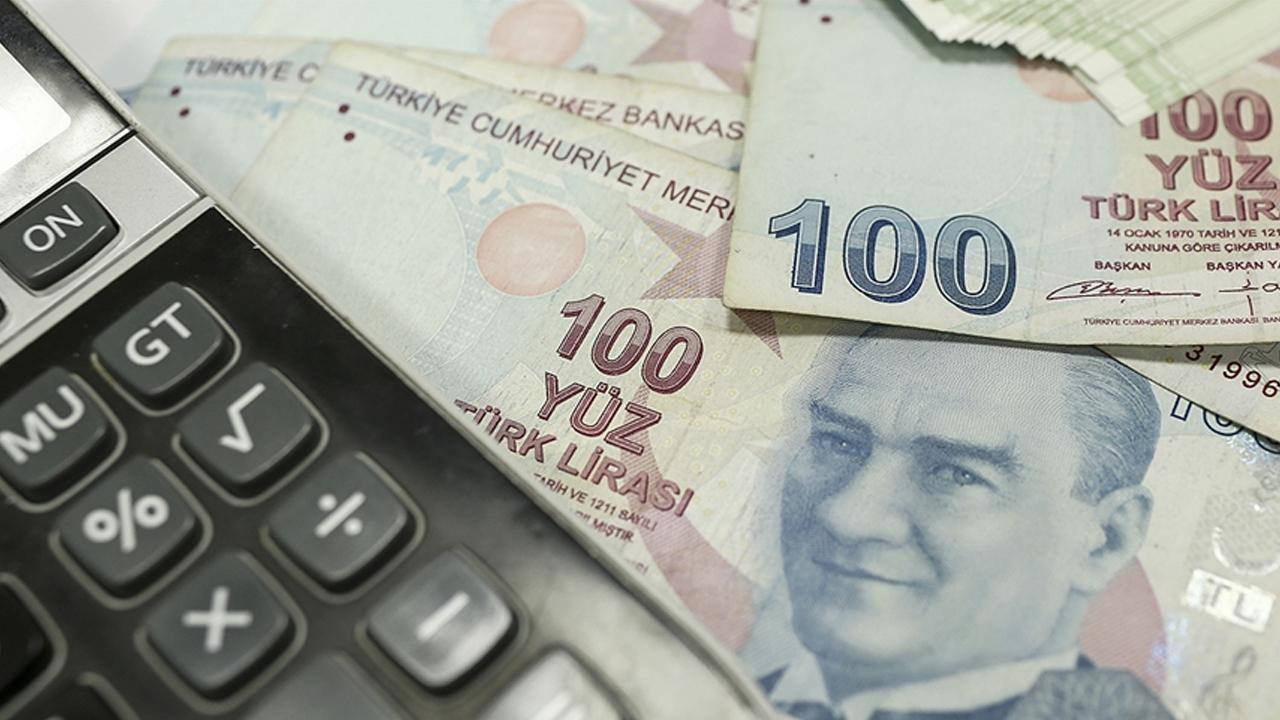 AKP gov’t to impose highest taxes in 20 years to ‘combat economic crisis’Economy
AKP gov’t to impose highest taxes in 20 years to ‘combat economic crisis’Economy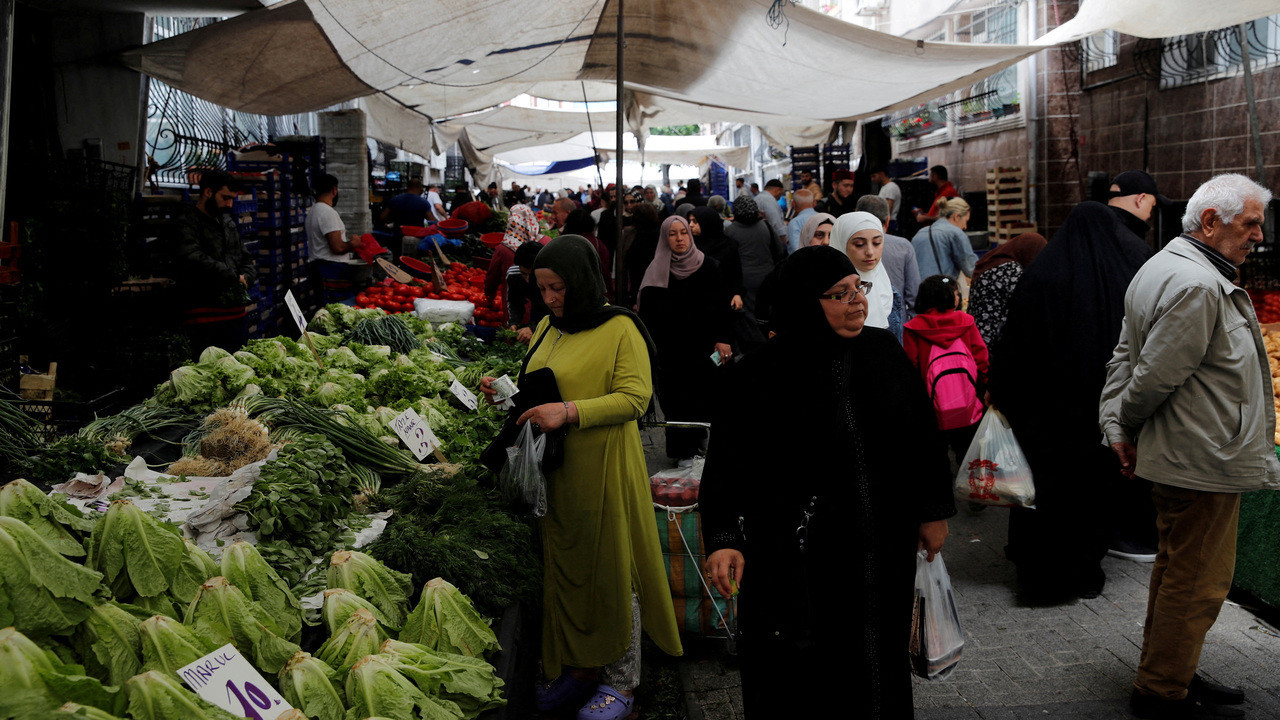 Turkish Finance Minister praises record inflation at 75 pct, expects 'disinflation' to startEconomy
Turkish Finance Minister praises record inflation at 75 pct, expects 'disinflation' to startEconomy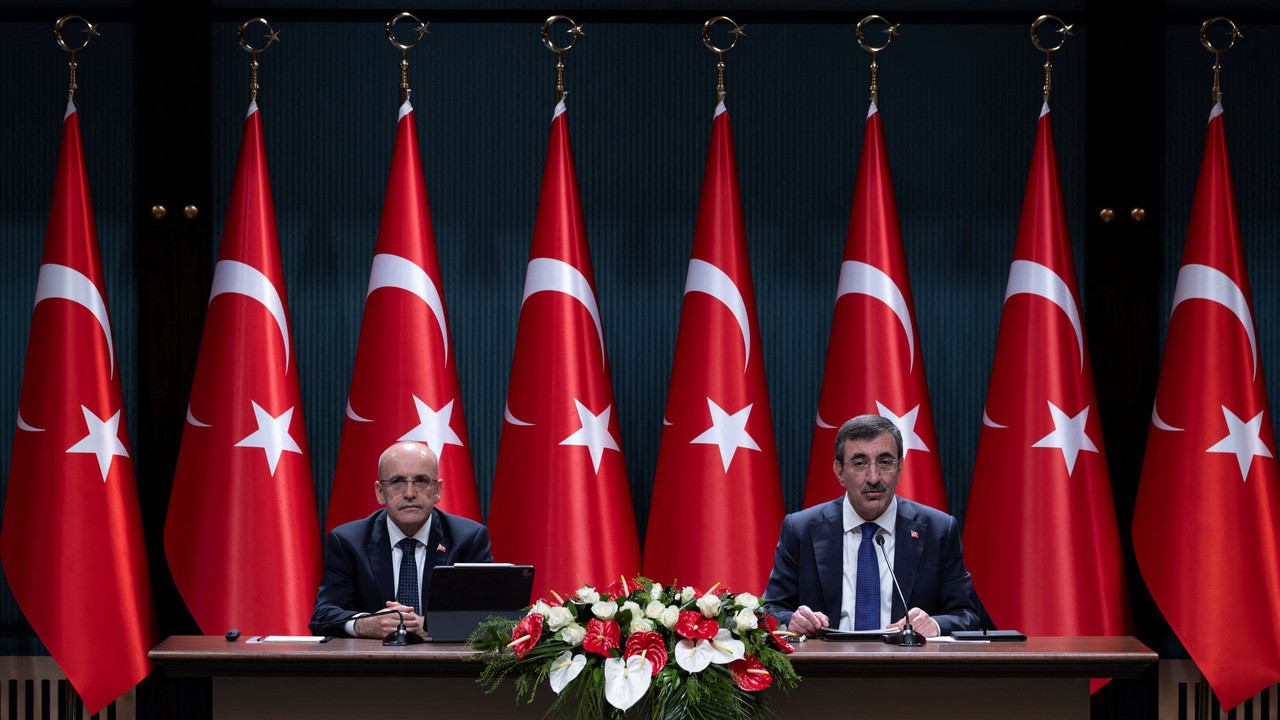 Turkish Finance Ministry announces comprehensive public savings measuresEconomy
Turkish Finance Ministry announces comprehensive public savings measuresEconomy